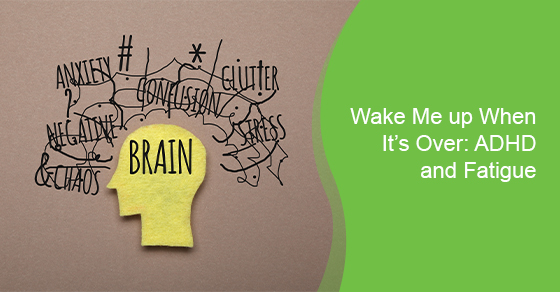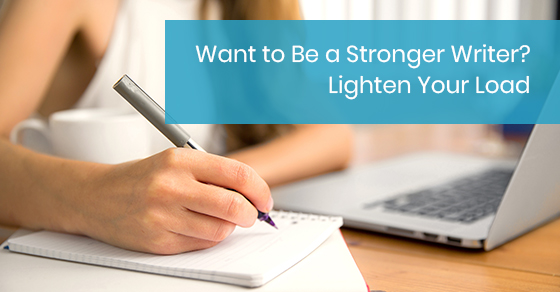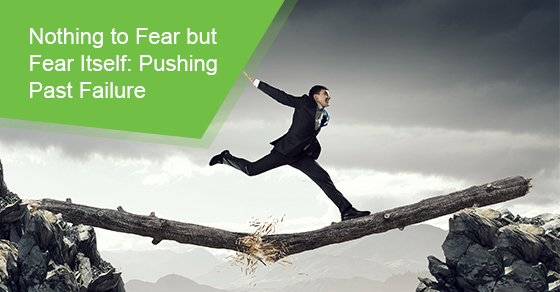When you think of someone with ADHD, what comes to mind? Odds are you’re picturing a person with a high energy level who is always restless and constantly thinking and moving. And while the observation that many folks with ADHD seem driven by some kind of internal motor is frequently true, the opposite effect is also in play. Many people with ADHD suffer from debilitating fatigue.
Energy Obstacles
People living with attention issues experience many of the things their peers cope with but at much higher levels of intensity. Anxiety, erratic sleeping schedules, the side effects of medication, hyperfocusing, hyperactivity, and overwork all take their toll on people who struggle to manage attention (Brice). People with ADHD have to compensate for their lack of planning and organization, try to overcome under-stimulating environments, endure longer periods of work while trying to complete everyday tasks, and make enormous efforts to stay focused when everything in their brain is telling them to switch their attention to something more interesting (Petersen).
The Importance of Self-Care
In the face of this kind of physical, emotional, and mental exhaustion, it’s important to take good care of yourself when you start to feel run down. Instead of waiting until the cumulative effects of ADHD lead to a “crash,” try to incorporate “booster” solutions into your day-to-day life to avoid hitting deeper troughs and valleys (Roggli). Many studies show that frequent exercise and mindfulness meditation are very helpful in modulating the symptoms of ADHD. Other strategies include cognitive behavioural therapy, therapeutic massage, a reduction in caffeine intake, taking relaxing baths, eating more regular meals, volunteering, playing or listening to music, and creating a sleep routine that incorporates cool temperatures, a regular schedule, and darkness. Taking your medication regularly is also important, and it may be helpful to ask your doctor about switching or updating your medication to make sure you’re getting the optimal benefits.
ADHD coaching can also be an important resource. At Evoke, we help people with ADHD understand the opportunities and challenges of their learning difference. Coaching helps to establish habits that lead to accomplishing goals, increase the client’s level of awareness around issues important to them, create a plan of action, teach executive function skills, and manage road blocks that arise while pursuing goals. Specialized coaching can help you overcome the obstacles of executive dysfunction, processing deficits, and social anxiety in order to achieve and thrive in today’s accelerated academic and workplace environments. Contact us to learn more.
Sources
Brice, Reed. “I Have ADHD, So Why Am I So Exhausted?” Healthline, Healthline Media, 1 Aug. 2019, www.healthline.com/health/ADHD/adhd-fatigue.
Petersen, Neil. “ADHD and Fatigue.” Psych Central, Psych Central, 8 Dec. 2016, www.psychcentral.com/blog/adhd-millennial/2016/12/adhd-and-fatigue#1.
Roggli, Linda. “ADHD Fatigue Is a Real (Exhausting) Thing.” ADDitude, ADDitude, 4 Jan. 2021, www.additudemag.com/adhd-fatigue-syndrome-run-down-by-add-symptoms/.
Shiverick, Kristine. “What Do You Need to Recharge?” A.B.L.E Coaching for ADHD, A.B.L.E. Coaching for ADHD, LLC, 19 May 2016, www.ableadhdcoaching.com/blog-post/what-do-you-need-to-recharge/.



